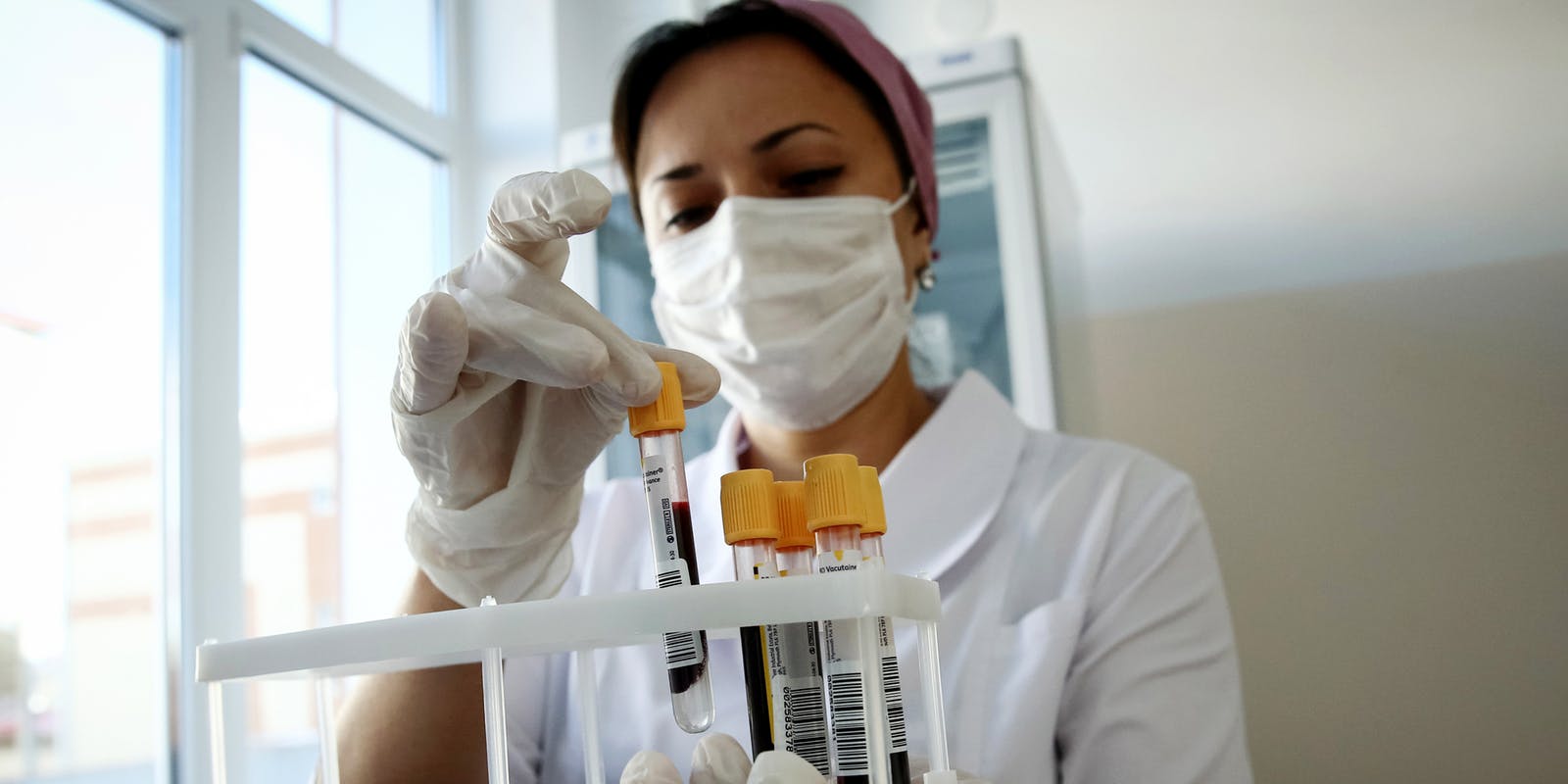Good news for cannabis researchers, which is ultimately good news for all of us – the Drug Enforcement Administration (DEA) is intending to raise the amount of cannabis that can be legally grown for research purposes.
The roughly 1,000 pounds permitted in 2018 will be raised to more than 5,400 pounds for 2019.
The DEA is also pushing to reduce the amount of opioid drugs, such as oxycodone, hydrocodone, morphine, fentanyl and others.
“We’ve lost too many lives to the opioid epidemic and families and communities suffer tragic consequences every day,” DEA Acting Administrator Uttam Dhillon said in a press release. “This significant drop in prescriptions by doctors and DEA’s production quota adjustment will continue to reduce the amount of drugs available for illicit diversion and abuse while ensuring that patients will continue to have access to proper medicine.”
U.S. Attorney General Jeff Sessions, reported Forbes, said “the opioid epidemic that we are facing today is the worst drug crisis in American history… Cutting opioid production quotas by an average of ten percent next year will help us continue that progress and make it harder to divert these drugs for abuse.”
According to the DEA statement, the proposed quotas for cannabis and other drugs, “reflects the total amount of controlled substances necessary to meet the country’s medical, scientific, research, industrial, and export needs for the year and for the establishment and maintenance of reserve stocks.”
Since 1968, the University of Mississippi has been the only place legally sanctioned to produce cannabis for research in the U.S.
Researchers and scientists have complained that the obstacles they endured to get cannabis from U of Miss was often not worth it because the product produced there was of extremely low quality.
The few scientists who have to obtained DEA approval to grow their own research cannabis have done so after a great deal of red tape.
Forbes pointed out that the Sessions’ Justice Department has blocked DEAfrom acting on the more than two dozen facilities that have filed proposals to become licensed to legally grow their own research marijuana.
Read more from the source: The Weed Blog


